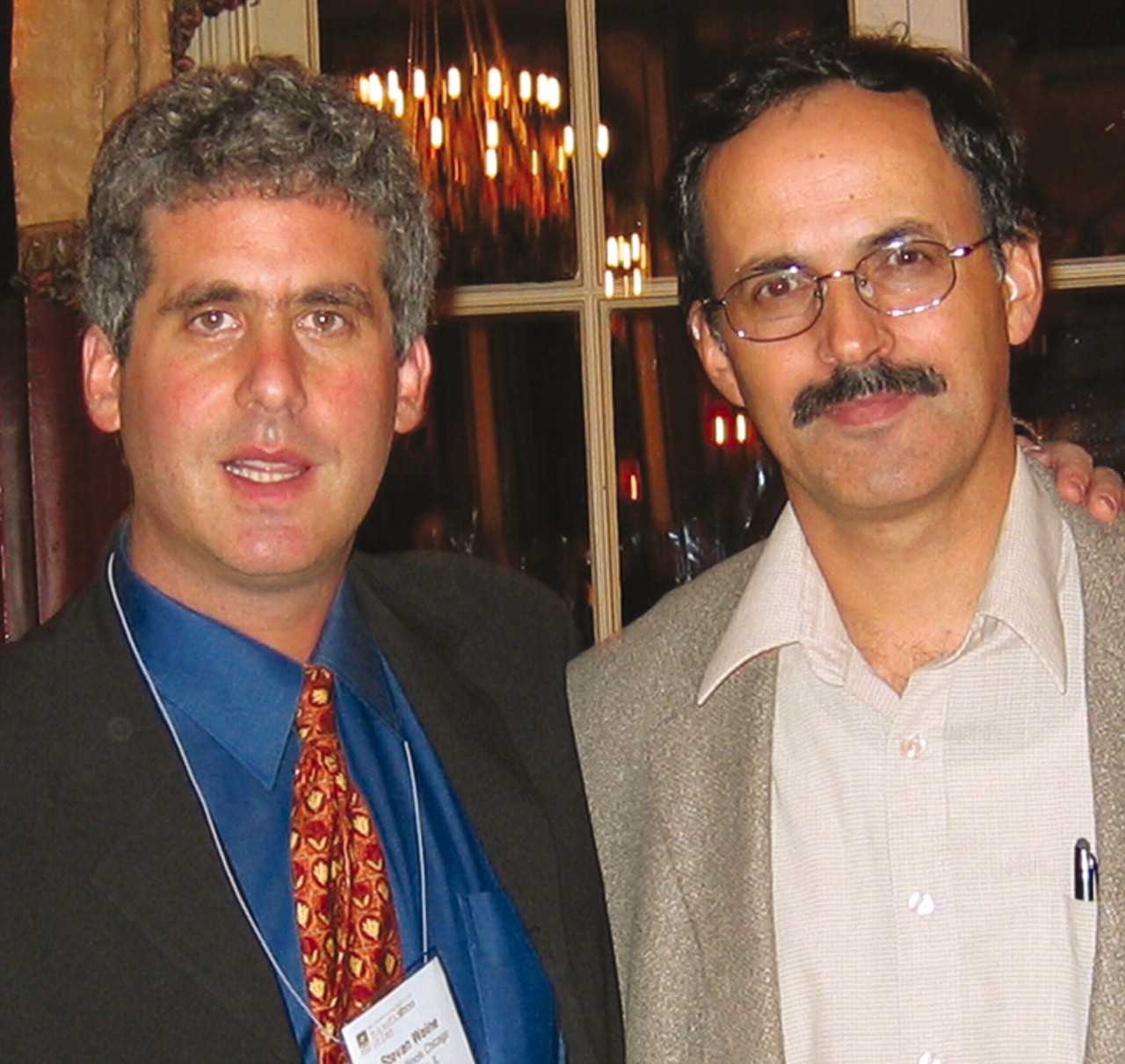Listening to Bosnian refugees’ stories of having survived ethnic cleansing in the 1990s, Stevan Weine, M.D., associate professor of psychiatry at the University of Illinois at Chicago (UIC), recognized the power and importance of these accounts.
He began searching the humanities, art, and literature for new perspectives on such testimonies. His quest eventually led him to write When History is a Nightmare, published in 1999 by Rutgers University Press, which contains a chapter on “Creative Artists Witnessing Genocide.”
Weine wanted to offer an alternative to the prevailing cognitive approach to treating trauma-related stress.
“The cognitivist approach pays too little attention to context, to collective dimensions, and the survivors’ desire to find meaning from the experience of trauma, said Weine in an interview with Psychiatric News.
In a pilot study of 20 Bosnian adult refugees and survivors of ethnic cleansing who resettled in Chicago, Weine, director of the UIC International Center on Responses to Catastrophes (ICORC), answered the question of whether giving testimony helps the survivor recover.
All of the Bosnian subjects—eight women and 12 men—met DSM-IV criteria for posttraumatic stress disorder (PTSD). Their mean age was 45, according to the study published in the December 1998 American Journal of Psychiatry.
Weine defined “testimony psychotherapy” as a brief individual method for working with survivors of state-sponsored violence. “The survivor and therapist established a working alliance to enable the survivor’s story to be told and documented. The therapist was informed about the state’s political, social, and cultural history to put the story in the appropriate context and ensure it’s truthfulness,” said Weine. “The therapist also helped the survivor to express his or her struggles with meaning and morality without imposing judgment.”
Sessions were tape-recorded, and a document transcribed in English was read back to or translated for the survivor by the therapist or interpreter to correct mistakes and possibly add additional memories. The final document was then given to the survivor to review and sign. The survivor kept a copy, and another copy was placed in the oral history archives of Weine’s Project on Genocide, Psychiatry, and Witnessing.
Testimony psychotherapy involved an average of six 90-minute sessions. The person was asked to describe his or her life and family history since World War II, trauma story of surviving ethnic cleansing and war, life experiences related to being a refugee, current lives, and sense of the future.
Subjects were assessed before psychotherapy, immediately afterward, and at two and six months after therapy ended.
The results of the study showed the rate of PTSD diagnoses decreased from 100 percent to 75 percent immediately after testimony, 70 percent at two months after psychotherapy testimony, and 53 percent at six months after.
The severity of PTSD symptoms such as nightmares and flashbacks, as measured by the PTSD Symptoms Scale, decreased from 31 percent before testimony to 20 percent immediately after testimony. Symptom severity decreased another 11 percent at the two-month follow-up, and 8 percent at the six-month evaluation. Symptoms of depression as measured by the Beck Depression Inventory also declined significantly, and there was a substantial improvement in overall functioning as measured by Global Assessment of Functioning scores.
Weine found a new framework for understanding the trauma of political violence in the literary work of Russian theorist and philosopher Mikhail Bahktin. He described his approach recently at the International Society for the Study of Traumatic Stress meeting in Chicago.
“Bahktin suggests that re-imagining responses to trauma begins by assuming that the survivor is not simply an isolated vessel that passively carries the residue of traumatic memories,” said Weine. “Survivors carry within them many different voices that speak of themselves, of their journey, of those connected to them including friends and enemies, nearby and far away, living and dead, of the eras in which they lived, and of their unique consciousness struggling through the odysseys of survival and witnessing. All these many voices may be heard in survivors’ testimonies.”
The survivor and receiver must resist viewing testimony as a monologue and work at keeping the communication open-ended, multileveled, and multivoiced, said Weine. “The receivers of testimony must avoid the tendency to regard the survivors as objects or overwhelm their voices with their own knowledge from academic theory or political ideology. They must not approach the giving of testimony as a system but as an encounter made up of organized human orientations and voices,” said Weine.
Bahktin based his approach to discourse on Dostoyevsky’s novels, in which characters voiced many different views, such as occurs in The Brothers Karamazov, said Weine.
“The challenge for practitioners and scientists is to learn from art and literature born from trauma to counter the tendencies to construct trauma as an object and healing as a mechanism,” he added.
Information on testimonies as living histories is posted online at www.ichrsc.org/projects/projects_living_histories.shtml. ▪

